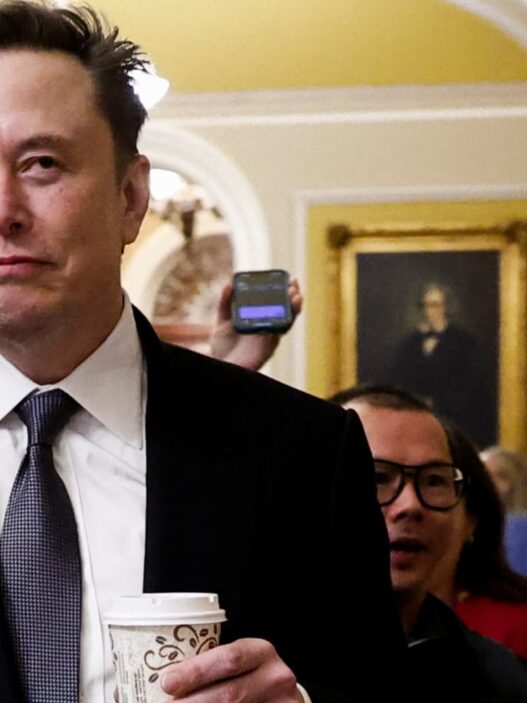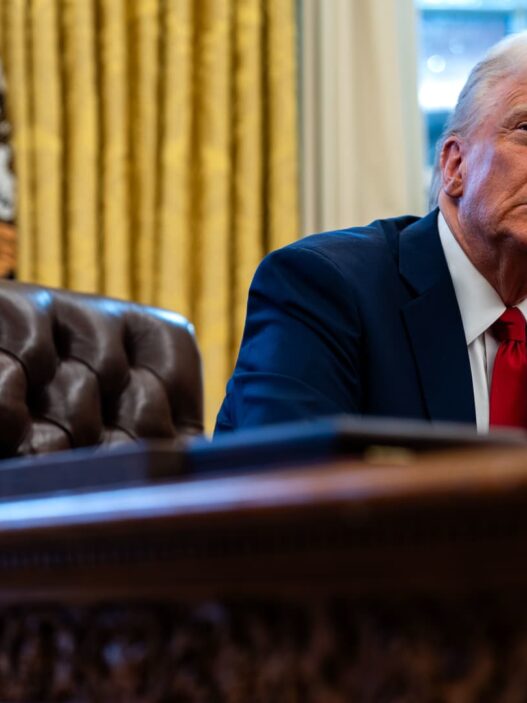China is preparing for economic motivation and the main structural changes that will put companies for strong returns, according to Andrew Swan, President of Asia (former Japan) in the Man Group.
“It is clear that the feelings about the China market were very bad, not recently, but for some time now. I think investors ignore some of these positive developments,” Swan told Squawk Box Eurip on Friday.
“It seems that people have a short memory. In August, September (of) last year, the leadership in China was very clear that they now understand the challenges facing the economy, especially about contraction. I believe (in) 2025, we will see the presentation of those policies they mentioned to support Economy.
Chinese policy makers have already reduced interest rates to increase growth, and merchants are now waiting for more details about the promised stimulus measures in the country, which are expected to target areas including weak demand for consumers and struggling real estate market.
The second largest economy in the world defeated 5.4 % growth in the last quarter of 2024, but there are still major concerns about contraction and the potential impact of the new US President’s definitions by 10 % on Chinese imports. Beijing has already responded with targeted reprisals, and this week pledged measures to protect its interests in the face of “bullying”.

Swan told CNBC that the customs tariff will have a less effect now than it was eight years ago, and this implementation can be avoided through a deal. Economists widely believe that, in their current form, commercial measures will have a relatively impact even on the Chinese export economy, as many companies have already taken preventive measures to change their supply chains after the US -Chinese trade war during the first Trump presidency.
Capital Economics estimates that demand for American goods demand is less than 3 % of China’s gross domestic product, and that most of this trade will continue.
turning point
Swan argued that technological developments – including democracy and the spread of artificial intelligence, thanks to startups like Deep China – economic transformations will have a greater impact on Chinese returns.
“I think we will see a different economic model that appears, not just some periodic support for the economy, but I think we are about to do some important structural changes in how the growth model works. I think we will likely look back at this time as a starting point for consumption of gross domestic product, For example, perhaps leading low income groups. “
“I think this is where the big picture is here, and this will change perceptions.”

Swan said that the Chinese profits were under pressure for several years due to the total environment, and that the expectations of the growth of corporate profits were very low, which reflects in its assessments.
“We believe, and there is a lot of evidence, that what drives the shares in the region is growth rates related to expectations, rather than just absolute growth rates.”
He added: “What tends to see is when these expectations begin to improve, or overcome expectations, the stock markets work very well. All are very mainly driven. They are driven by the profitability of companies. Companies’ profitability is now low, and the assessments are close to this Also level.

Swan acknowledged that investors were concerned about factors that include definitions, control of the narrow Chinese government, geopolitical risks, and the luggage of the collapse of the last real estate market, making investment in close democracy like India attractive.
Lincoln Ban, the partner and co -manager of the private stocks of the alternative investment company that focuses on Asia, told CNBC from Emily Tan last month that investors should search for “alpha quality” in India and Japan over the six to nine months due to uncertainty in China.
“I would like to say that it explains the reason for the market in its place,” Swan said of these tension. “The real question is, what is the future view, and does it change in terms of we are? If we do not change, the market will continue to have weakness and suffering.”











